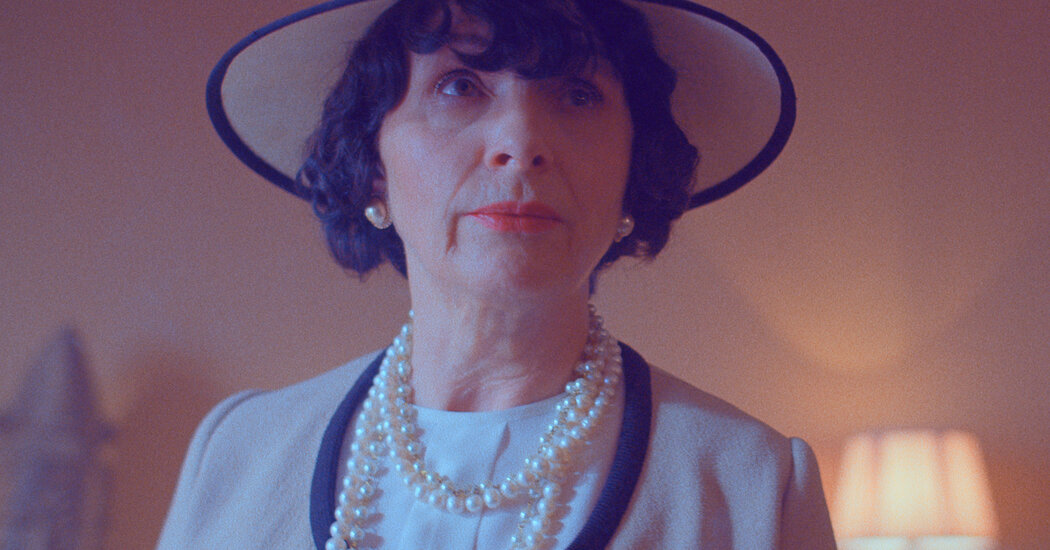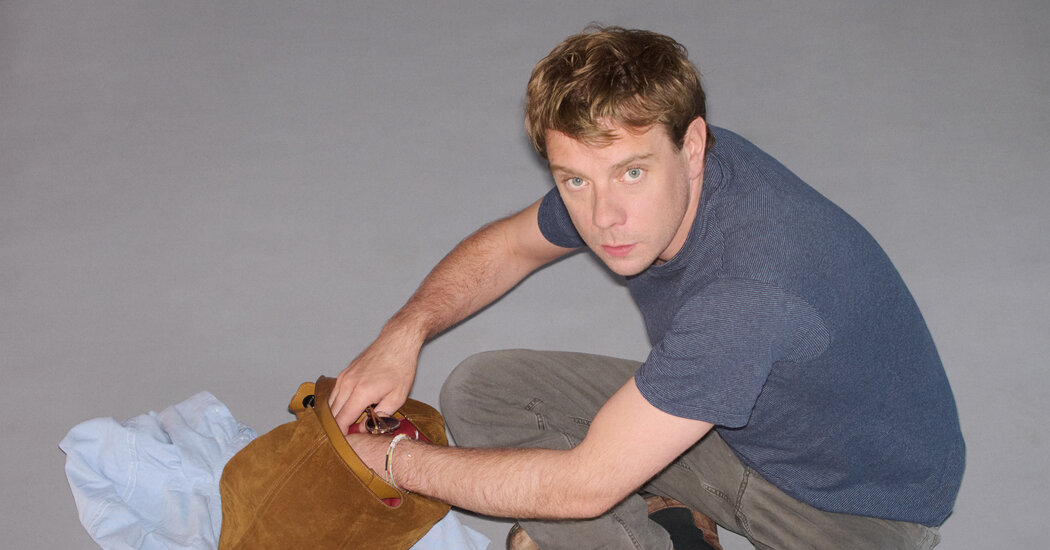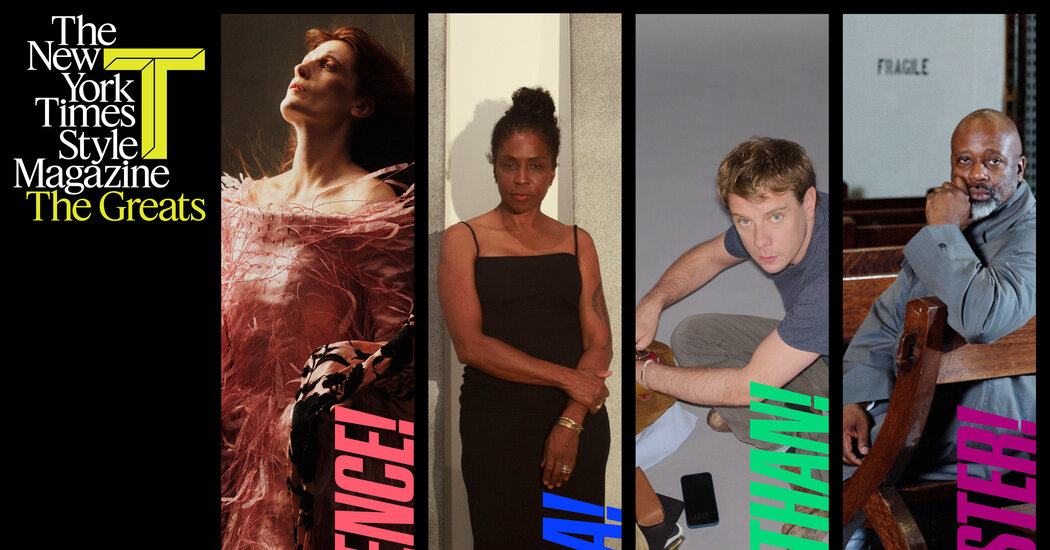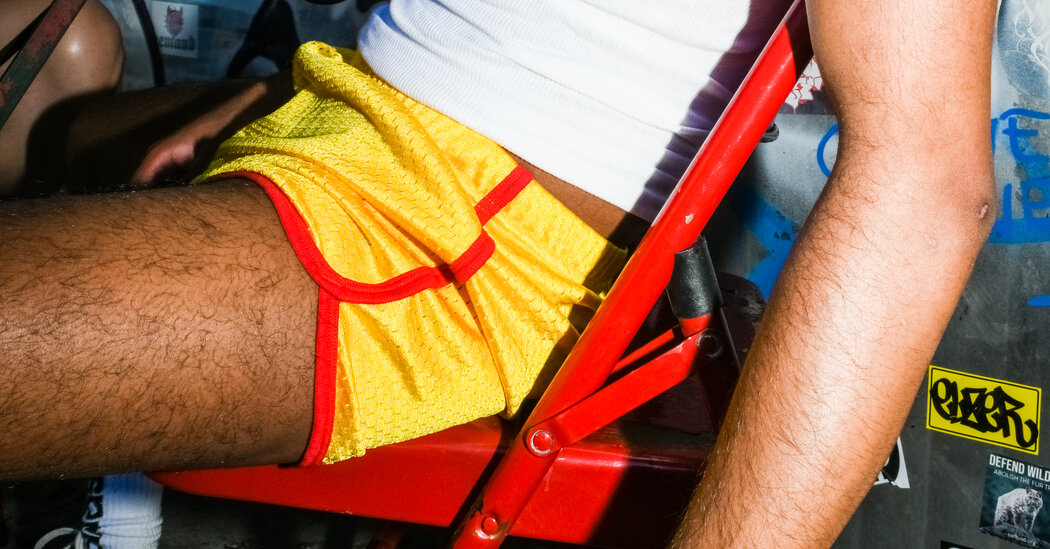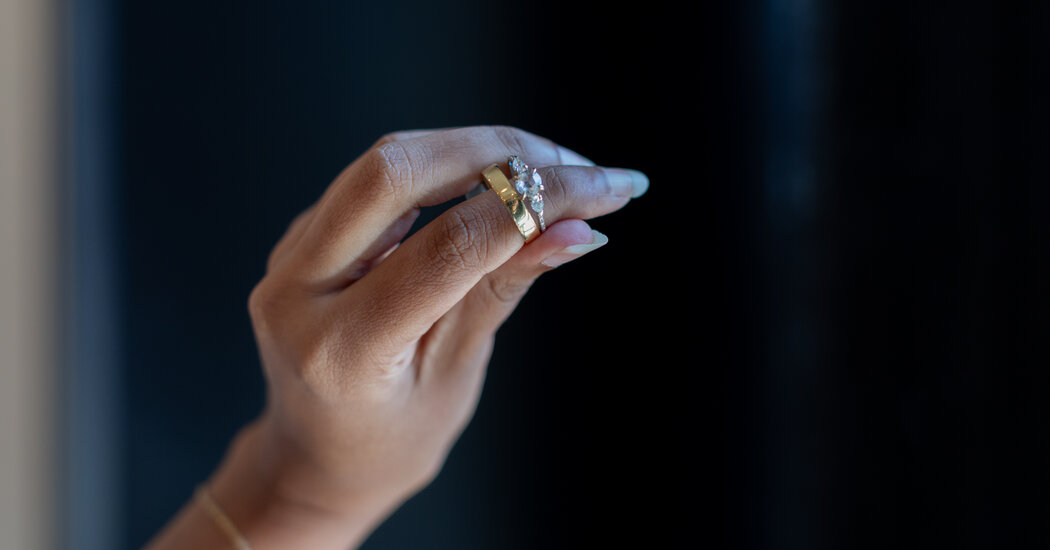Before the war and during the Occupation, Arletty and Chanel were part of an extraordinary social set from across the arts and political spectrum. Right-wing and antisemitic views dominated the politics of this group. The French journalist Boulos Ristelhueber reported in 1940 that Chanel had gone into “into a long tirade against the Jews” during a dinner. Unlike some in her circle, however, Chanel didn’t embrace Nazi ideology. Above all, she was an opportunist.
Still, given Chanel’s involvement with the Nazis, it’s hard to believe two curious documents that surfaced recently “attesting” to her participation in the French Resistance. The documents, one of which is referenced by Justine Picardie in a new edition of her book, “Coco Chanel: The Legend and the Life,” are on display at the Victoria and Albert Museum as part of a blockbuster exhibit, “Gabrielle Chanel: Fashion Manifesto,” which closes on March 10.
Guillaume Pollack, a French historian who examined the documents in military archives in Vincennes, said he has “serious doubts” about Chanel’s actual involvement in the Resistance. Mr. Pollack, who wrote “L’Armee du Silence,” a history of Resistance networks, told France 24, the state-controlled international news source, that most resistance files overflow with testimony detailing the exact role and activities of the resistant in question. But Chanel’s file had “not a single trace” of corroborating evidence. He thinks Chanel somehow secured the attestation in an attempt to restore her tarnished reputation in the 1950s after reopening her fashion house, which she had closed in 1939 on the eve of war.
By this time, the Wertheimers had settled with Chanel over ownership of her namesake company, paying her millions of dollars and agreeing to bankroll her return to designing clothes. Today, the grandsons of Pierre Wertheimer own the privately held firm, which continually evokes Chanel as an avatar of chic and independence. The official Chanel website proclaims her “an inspiration for all women,” while completely ignoring her dark past.
In the final episode of “The New Look,” the Pierre Wertheimer character asks Chanel to apologize for denouncing him and his brother to the Gestapo. “I will not apologize! I was cornered just like you!” she shouts — as if the risk of diminished perfume profits were equivalent to the risk of losing one’s life in a Nazi concentration camp.
The real Chanel, though hardly a nice woman, was smart enough to know the difference.



